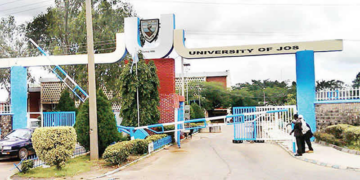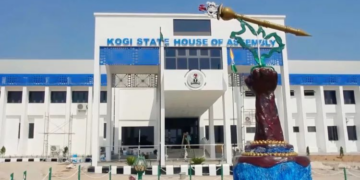The Public-Private Development Centre has announced new efforts aimed at ensuring Nigerians, especially those at the grassroots, gain quicker and fairer access to justice.
Speaking with journalists during the Access to Justice Parley in Abuja on Wednesday, Programme Officer, Aniekwe Chimezie Ogechukwu, said the organisation had strengthened systems within the judiciary to prevent case files from going missing and to reduce prolonged detentions.
He explained that the PPDC had introduced an automated case management system to help identify and track case files, making it easier for detainees to have their matters heard without unnecessary delays.
According to him, the initiative also includes a network of pro bono lawyers stationed in police formations and custodial centres, providing legal representation for detainees who cannot afford lawyers.
He said, “You don’t have to be an elite or belong to any class before you can access legal representation. We now have pro bono lawyers available to assist people who do not have anyone to speak for them.”
Ogechukwu added that the Centre was also working towards establishing a toll-free hotline to enable citizens from any part of the country to report violations, seek legal guidance and request representation.
He noted that this year’s edition of the parley was significant as it brought together Attorneys-General and Comptrollers-General from all 36 states to discuss reforms capable of transforming Nigeria’s justice system.
The forum, he said, would also unveil the findings of a justice sector assessment conducted across states, highlighting gaps in the delivery of criminal justice and recommending solutions.
He stated that the assessment focused on four thematic areas: automation of judicial systems, training, funding for legal representation and case management.
Ogechukwu emphasised that states would be ranked based on their performance, adding that the report was expected to inform budgetary decisions and encourage states to adopt digital systems to expedite justice processes.
He warned that every delay in judicial processes translates to a prolonged stay for detainees in correctional centres.
“We are trying to make stakeholders understand the urgent need for automation. Every tick lost in the system is someone’s life being wasted in detention,” he said.





